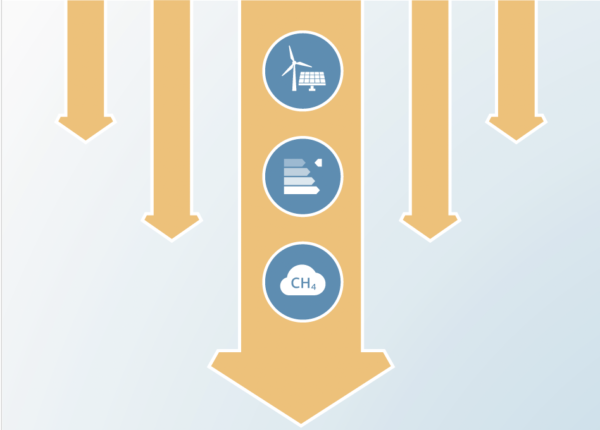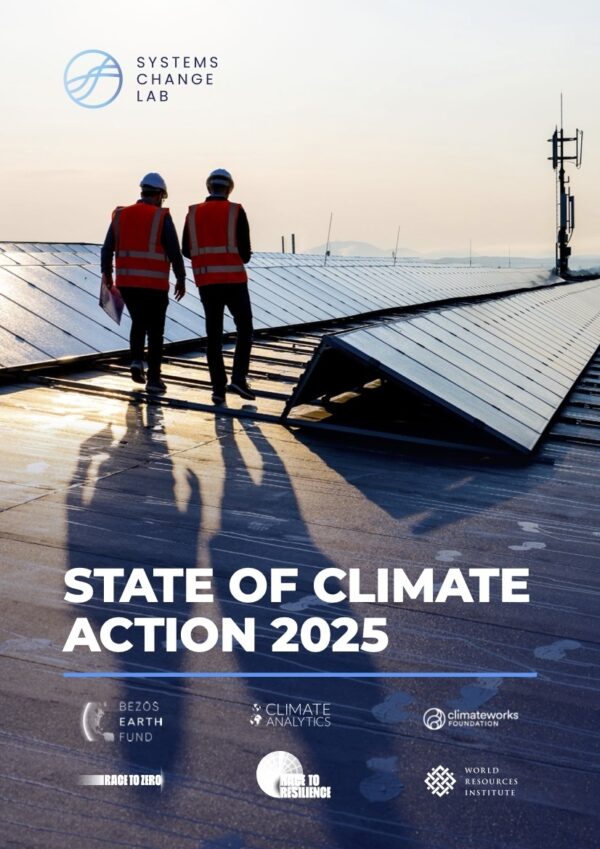State of Climate Action 2021
Authors
Sophie Boehm, Katie Lebling, Kelly Levin, Hanna Fekete, Joel Jaeger, Anna Nilsson, Ryan Wilson, Andreas Geiges, Clea Schumer, Neelam Singh, Katie Ross, Louise Jeffery, Maggie Dennis, Sebastian Castellanos, Rajat Shrestha, Lydia Freehafer, Erin Gray, Madeleine Galvin, Matthew Gidden, Mikaela Weisse, Richard Waite, Joe Thwaites and Lihuan Zhou, Leah Lazer
Share

This report identifies 40 indicators across key sectors that must transform to address the climate crisis, and assesses how current trends will impact how much work remains to be done by 2030 and 2050 to deliver a zero-carbon world in time. It also outlines the required shifts in supportive policies, innovations, strong institutions, leadership and social norms to unlock change.
Highlights
- Limiting global warming to 1.5°C requires far reaching transformations across power generation, buildings, industry, transport, land use, coastal zone management, and agriculture, as well as the immediate scale-up of technological carbon removal and climate finance. This report translates these transitions into 40 targets for 2030 and 2050, with measurable indicators.
- Transformations, particularly those driven by new technology adoption, often unfold slowly before accelerating after crossing a tipping point. Nearly a quarter of indicators assessed focus on new technology adoption, with some already growing exponentially. This report considers such nonlinear change in its methodology.
- The transitions required to avoid the worst climate impacts are not happening fast enough. Of the 40 indicators assessed, none are on track to reach 2030 targets. Change is heading in the right direction at a promising but insufficient speed for 8 and in the right direction but well below the required pace for 17. Progress has stagnated for 3, while change for another 3 is heading in the wrong direction entirely. Data are insufficient to evaluate the remaining 9.
- This report also identifies underlying conditions that enable change—supportive policies, innovations, strong institutions, leadership, and shifts in social norms. Annual increases in finance for climate action, for example, must accelerate 13-fold to meet the estimated need in 2030.











